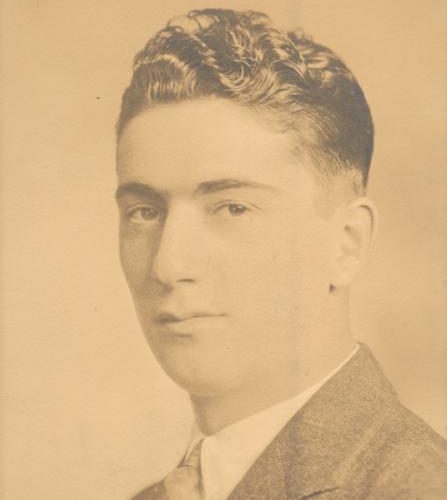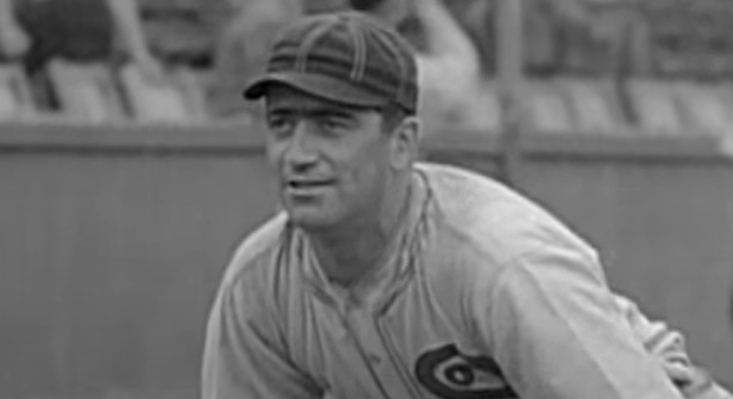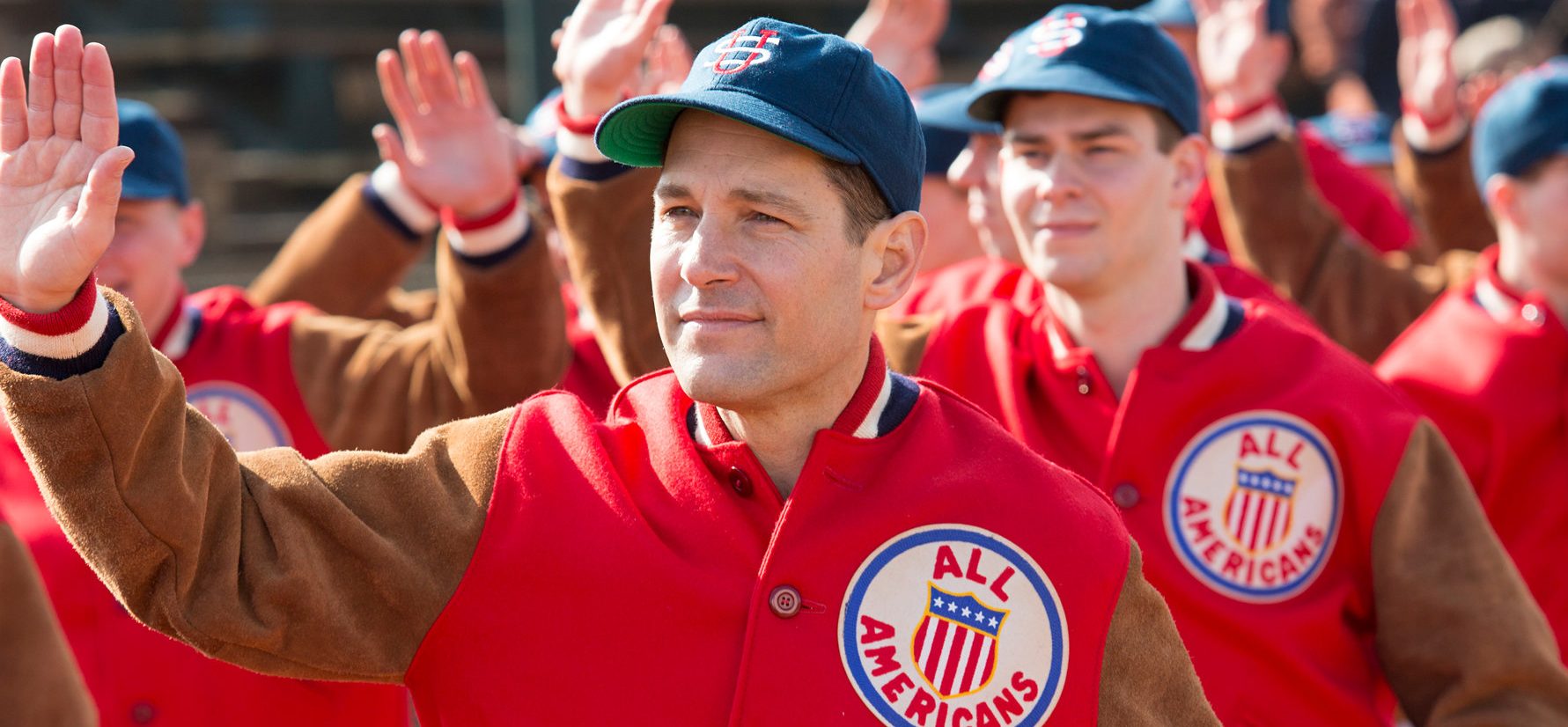Ben Lewin’s 2018 biographical war film ‘The Catcher Was a Spy’ sheds light on the personal life of renowned baseball player and Medal of Freedom-winning spy Morris “Moe” Berg. In the movie, Moe is confronted about his sexuality multiple times. One of his Boston Red Sox teammates follows him to find out whether he is gay. When he sets out to join the Office of Strategic Services, the head of the agency, Bill Donovan, asks him about it as well. The film also ends with the revelation that Moe didn’t end up together with Estella Huni, his long-time girlfriend. His sexuality and relationships continue to puzzle his admirers!
Moe Berg’s Sexuality
Moe Berg’s lips were sealed when it came to his sexuality. There were rumors about him being gay or bisexual but there is no evidence to prove that these rumors are true in any way. “He [Moe] was always a guy to put his arm around you and give you a hug. Once in a while, he’d say, ‘Just a little feel.’ He did that with a lot of guys. Some took offense and would give him a shove or a little jab. You wondered a little bit, but you knew he was fooling around with women,” Moe’s Red Sox teammate Bobby Doerr told Nicholas Dawidoff for ‘The Catcher Was a Spy: The Mysterious Life of Moe Berg,’ the source text of the movie.

“Some guys thought he [Moe] was queer. Guys from other teams would say, ‘You’ve got a queer bastard.’ He never made a pass at me or Jimmie Foxx, and he had all the chances in the world. I’ll be damned if I believe it,” Jack Wilson, another teammate, told Dawidoff. The author, in his biography of the former baseball catcher, mentioned an Englishman who wrote to Moe, “Would to God I had taken your advice and stayed the night with you.” The meaning and the intention behind the words remain a mystery. There was a rumor that Moe was attracted to mathematician and physicist H. P. Robertson’s son Duncan, who dismissed them.
“I think he [Moe] was in the closet and he didn’t know it. I don’t think he was a practicing homosexual. I think he was attracted to people, period. I don’t think he was more attracted to females than males. I don’t think he knew his identity,” Duncan told Dawidoff. Aviva Kempner, who made the documentary ‘The Spy Behind Home Plate,’ also doesn’t believe that he was gay. “The players who played with him talked about all these girlfriends, and then the testimony of Babe Ruth’s daughter saying, ‘I danced with him; he came onto me.’ He had a long-time relationship,” she told the Los Angeles Times.
As far as the strong implication in the movie that Moe had at least one same-sex relationship is concerned, screenwriter Robert Rodat did discuss it in an interview given to The New York Times. “The standards of veracity I applied in the movie were different. As a historian, when there’s smoke, there’s not necessarily fire. As a dramatist, when there’s a massive amount of smoke, there’s probably fire,” Rodat said.
Moe Berg Never Married
Moe Berg died at the age of seventy as a bachelor. His two siblings also didn’t get married. The former baseball player never discussed why he decided to remain a bachelor. His brother Dr. Sam talked about it with Dawidoff. “I never got married, my sister never got married — the three of us stayed single. Lack of sanity,” he told the author. Moe’s cousin Denise Shames has a possible explanation concerning the Bergs’ decision to never marry.

“I think there’s a reason for that,” Shames told the Los Angeles Times. “I think it was an agreement they [the Bergs] all made. It didn’t mean they didn’t have relationships, some of them very long-lasting. The story my mother told was that when Sam was in medical school, he was studying genetics and he understood there was something in the family that should not be passed through to children,” she added.
However, Dawidoff’s book reveals that Moe considered marrying Clare Hall, who was working as an advisory liaison between scientists and the military when he met her. The biography states that they dated for a while. According to Hall, Moe proposed to her in 1954. “When are we going to get married?” he asked her, as per Dawidoff’s biography. Hall, at the time, didn’t consider marriage and he was understanding about her decision. “When he proposed to me, I took it seriously. I don’t think I would have considered marrying him. I think he wanted children. I think he wanted a son,” she told the author.
Read More: The Catcher Was a Spy Ending: Why Didn’t Moe Berg Kill Werner Heisenberg, Explained


You must be logged in to post a comment.